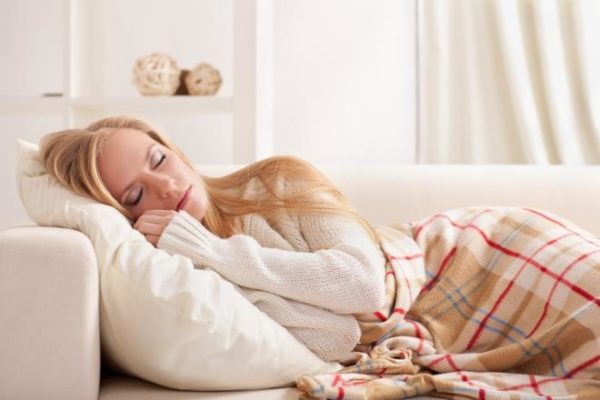
- Details
Sleep and your brain are connected. If you get good sleep then you should have less to worry about in terms of your mental health. Obviously, there are a ton of factors that go into one's mental well-being, but there is no question that sleep is an area that most of us could stand to improve on. Quality sleep can have restorative impacts on your brain and mental health right away.
Helps You Learn & Improves Memory
There are three important steps when it comes to making a memory. The first is acquisition, which is when you learn or experience something new. The next is consolidation, which is when the newly acquired information is integrated into the brain. The last step, recall is the act of accessing said stored information at a later date.
Acquisition and recall take place during your waking hours. Which leads up to consolidation, which takes place during your sleep cycle. Sleep allows us to shut off much of out exposure to external stimuli, so it’s the perfect time for your brain to focus on integrating new memory into our brain’s network.
Eliminate Toxins
During the hours you’re awake, harmful toxins build up between brain cells. When you’re sleeping, an incredible process takes place. The fluid in your brain, cerebrospinal fluid, increases dramatically. This causes the brain to “flood” with the fluid, washing away harmful waste proteins and toxins.
This process is thought by researchers to greatly reduce the risk of Alzheimer’s. When you get your full amount of sleep and go through all the necessary sleep cycles, you’re helping your brain in more ways than you may have ever imagined!
ADHD & Sleep Deprivation
Recent studies have shown that there may be a link between sleep deprivation and those with ADHD (Attention Deficit Hyperactive Disorder). We’ve known for awhile that 75% of people with ADHD also have sleep problems, but for a long time the issues weren’t believed to be connected. It is now being theorized that many of ADHD’s symptoms are caused by a lack of a regular circadian rhythm.
Women Need More Sleep
The joke has been made for years, but it turns out women are actually better (scientifically!) at multi-tasking than men. Because of that, women actually require more sleep than men to feel fully rested and for their brain to work at it’s best. At a minimum, women should try to factor in at least 20 additional minutes of sleep.
Affect on Creativity
Lack of sleep can have a huge impact on our flow of creativity. The next time you’re feeling a serious creative block, stop for a moment and take note of how you’ve been sleeping recently. When we sleep for long enough, we go through four phases of sleep. One of these is called REM (Rapid Eye Movement) sleep, which is when we dream the most vividly and actively. It is believed to have a big impact on our creativity.
Healthier Skin and Hair
Have you ever heard the term, “Get your beauty rest”? It turns out, there may be more truth to that statement than we ever originally imagined. Cellular regeneration takes place while our bodies are asleep, with a lot of evidence saying that skin cells regenerate more rapidly than when we’re awake. 2 AM is when cell division is at its peak performance levels. All of that to say, try to get to bed on time and stay there - your hair & skin will thank you!
Disruption of Hormones
A good night’s sleep allows for the regulation of hormones such as cortisol, serotonin and dopamine. The regulation of these hormones are integral to maintaining your mood, digestion, cardiovascular health and more. When suffering from sleep deprivation, the production and regulation of these hormones are disrupted.
